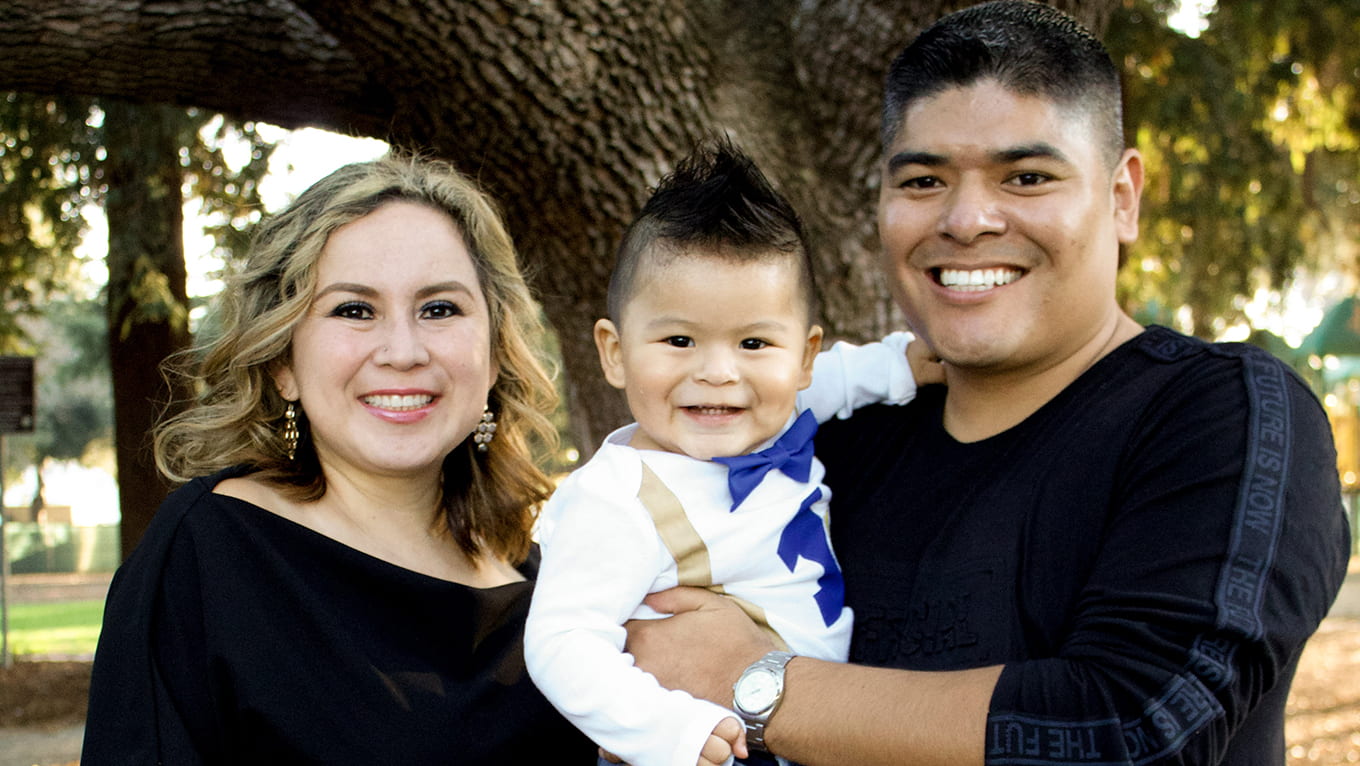Julissa Martinez graduated from UC Santa Cruz in 2009 with a B.A. in mathematics and went on to complete a M.S. in applied mathematics and statistics at the Baskin School of Engineering in 2012. Today, she works as a Senior Research Analyst for YouGov, an international public opinion and data company that performs market, academic, and political research.
YouGov regularly issues online surveys to collect data on people’s opinions and behaviors, especially around current events such as how Covid-19 has been impacting the way we live.
“We are asking people, ‘How has this affected you?’” Martinez explains. “I feel like it can sometimes even be therapy for our panelists- an outlet to express their opinions and be heard.”
When Martinez started at YouGov, she worked on programming the surveys her company puts out, but her role has evolved in the six years she has been there. In her current position, she still works to ensure the surveys are scripted correctly, but now she also monitors data collection to make sure the survey is hitting demographic quotas for a representative sample, runs statistical analyses to determine the significance of the results, and prepares reports for clients.
Martinez says that she enjoys her job because it allows her to use statistics to see how the world is changing. “It is pretty interesting to see the results,” she says. “You see all these different patterns and trends in behavior.”
What she likes most about the work she does, however, is that it gives people a chance to be heard. “What is most important about our company is we give people a voice,” Martinez explains. “A lot of times in our comments section, people say, ‘Thank you for giving me this chance to say what I think.’”
Falling in love with statistics
The kind of practical applications of statistics that Martinez uses every day at YouGov are an extension of what she says made her fall in love with the subject in the first place. She explains that in high school, she had no interest in math, and had planned to major in psychology when she entered college. In her senior year, however, she took an AP Statistics course, and she fell in love with the subject.
“Don’t shy away from a major just because you think it is going to be difficult.”
“I fell in love with stats and numbers,” she says. “I was amazed with how you could use numbers to help you make decisions on all sorts of different things. I remember our teacher gave us an example of how researchers used statistics to figure out that warmer operating room temperatures helped patients recover more quickly, and I thought, ‘Woah, you can make that kind of inference using math? That’s pretty cool.’”
When Martinez entered UC Santa Cruz as an undergraduate, she immediately took a statistics course with Baskin Engineering professor David Draper, who recognized her love for the subject and advised her to major in math with a minor in statistics, since there wasn’t a statistics major. After completing her undergraduate degree, Martinez was still hungry to learn more, and entered a master’s program in applied mathematics and statistics at Baskin Engineering.
Researching operating curves
In graduate school, Martinez worked with statistics professor Abel Rodríguez on receiver operating curves, which are used to measure the discriminating ability of biomarkers. She explains that in medicine, biomarkers can be used to classify patients as healthy or as having a particular disease state such as cancer. Typically for a biomarker, medical professionals pick a threshold above which they classify a person as positive for a particular disease, and below which they classify a person as negative. However, some healthy people can have high levels of the biomarker being used, resulting in false positives, and some sick people could have low levels of the biomarkers, resulting in false negatives. Receiver operator curves like the ones Martinez was working with allow medical professionals to analyze the different markers and pick the one that best classifies people into the right category across various thresholds.
Martinez enjoyed the fact that the research she did had such practical applications for patients, and has some fond memories of being a graduate student at UCSC. In the Applied Mathematics and Statistics Department, professors would host “B&C Fridays,” where they would bring bagels and coffee in the morning and socialize with the graduate students.
“Grad school could get hectic, and it was a nice time where you could just talk and enjoy and hang out with people, at least for a half an hour, and not stress,” Martinez says.
Advice for students
Martinez confesses that at the start of her educational journey, she was intimidated by math because she thought that it would be a difficult major, but her advice for students is to give math and statistics a try.
“Don’t shy away from a major just because you think it is going to be difficult,” she urges. “At least give math a chance, because even though it can be difficult, it has a lot of cool applications that I think are worth it.”




